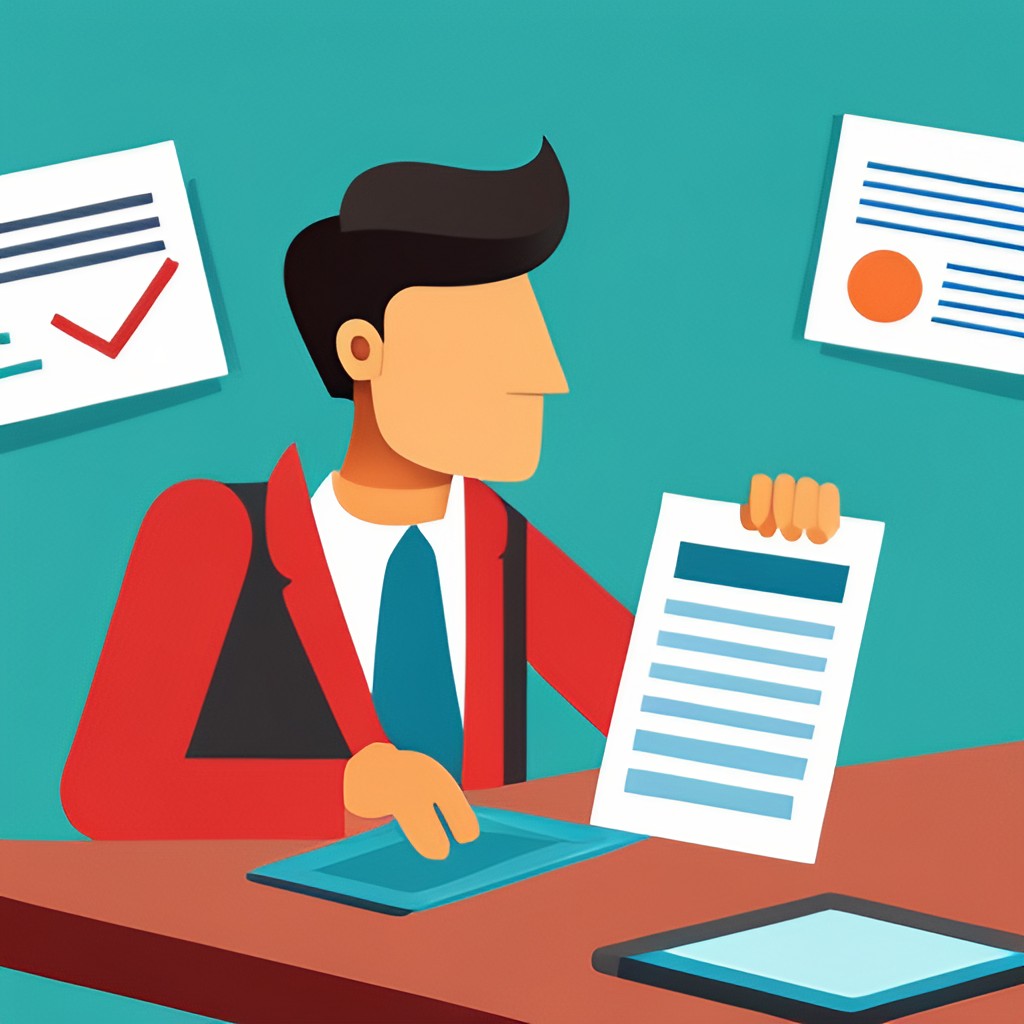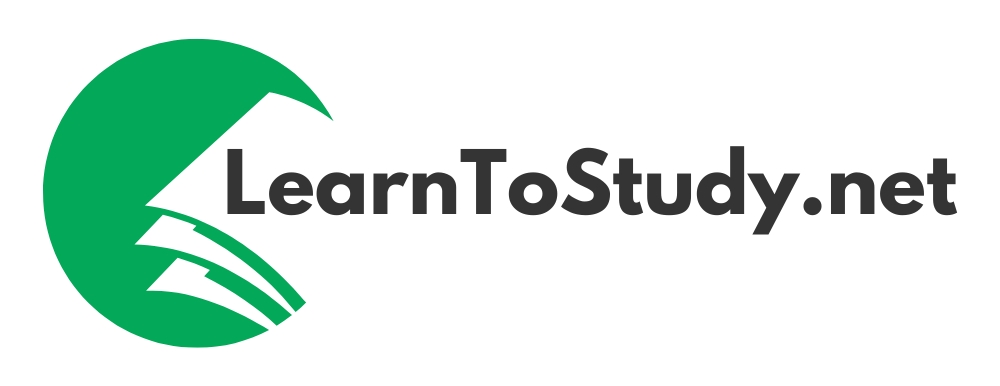
Self-assessment in studying is an integral component that significantly enriches the learning experience. By diligently evaluating progress, pinpointing areas for improvement, and introspecting on the educational journey, students unlock valuable insights. This critical approach not only fosters a deeper comprehension but also sharpens critical thinking skills and nurtures a sense of responsibility for one’s own academic growth. Implementing effective self-assessment strategies for students leads to heightened academic achievement and cultivates essential lifelong learning skills.
In this exploration, we will delve into the benefits of self-assessment in education and present practical strategies to optimize your learning process through self-evaluation techniques for better learning.
Enhancing Motivation and Accountability with Self-Assessment
Self-assessment acts as a catalyst for motivation and accountability in an educational context. By allowing individuals to recognize their strengths and weaknesses, it provides pivotal insights for personal and academic development. This reflective learning and self-assessment process empower students to leverage their strengths effectively while addressing areas of improvement, promoting personal and professional growth.
Moreover, engaging in self-assessment methods in studying enables students to fine-tune their study strategies. This adaptability is key to maximizing learning through self-assessment, as it allows learners to modify their methods to better suit their evolving academic needs. Whether it’s experimenting with new study techniques or seeking additional resources, the ability to make strategic adjustments based on self-assessment is crucial for academic success.
Methods of Self-Assessment for Enhanced Study Strategies
Exploring various methods of self-assessment is essential in both academic and professional settings. From reflective journaling to self-quizzing, these approaches are instrumental in gauging progress and facilitating self-improvement. By adopting personalized learning through self-assessment, students can foster a proactive and self-directed approach to their education.
Setting Clear Goals and Objectives
Setting clear goals and objectives is a foundational step in student self-assessment for academic success. Clearly articulated goals provide a roadmap for academic endeavors, offering a focused and structured approach to learning. This clarity in goal-setting is crucial for maintaining motivation and measuring progress, enabling students to navigate their educational journey with purpose and direction.

Regularly Reviewing and Reflecting on Progress
Regular review and reflection are cornerstones of improving study habits with self-assessment. By taking the time to assess one’s achievements and setbacks, learners can identify areas for improvement and adapt their strategies accordingly. This ongoing process of self-evaluation fosters a disciplined, goal-oriented approach to studying, propelling students towards their academic goals.
Utilizing Study Tools and Resources
In today’s digital age, utilizing study tools and resources is an effective way of enhancing academic performance through self-assessment. Digital platforms, educational apps, and online resources offer diverse opportunities for learners to assess and improve their understanding of subject matter. By integrating these tools into study routines, students can maximize their learning potential and achieve higher academic performance.
Implementing Effective Study Strategies
The implementation of effective study strategies is critical for realizing the full potential of self-assessment in education. By engaging in these strategies, students can streamline their learning process, elevate productivity, and gain a more profound understanding of their study material. Ultimately, embracing self-assessment in studying becomes a pivotal factor in achieving academic excellence.
Time Management in Self-Assessment
Effective time management is crucial in enhancing academic performance through self-assessment. When students allocate specific periods for reflection and evaluation, they can better organize their study schedules and prioritize tasks. This strategic time allocation for study sessions is vital for making self-assessment a consistent part of their academic routine. By dedicating time to assess their learning, students can identify more effective study methods, leading to improved outcomes.
Active Learning Methods
Incorporating active learning methods is a significant aspect of maximizing learning through self-assessment. Techniques like group discussions, problem-solving exercises, and practical applications encourage deeper engagement with study materials. This interactive approach to learning helps students to not only understand but also apply the knowledge, thereby enhancing the effectiveness of their study sessions.

Utilizing Feedback and Seeking Help
An essential part of reflective learning and self-assessment is utilizing feedback and actively seeking help. Constructive feedback, whether from peers, mentors, or educators, provides an external perspective that can be crucial for self-improvement. Similarly, recognizing when to seek assistance and being open to guidance are key in developing effective self-assessment strategies for students.
Overcoming Challenges in Self-Assessment
Self-assessment, while beneficial, comes with its own set of challenges, such as dealing with perfectionism and staying motivated during setbacks. It’s important for students to understand that self-assessment is a learning process in itself. By seeking support from peers or mentors and being patient with their progress, students can overcome these challenges. Implementing personalized learning through self-assessment helps in addressing these issues more effectively.
Conclusion: The Power of Self-Assessment in Studying
Self-assessment in studying plays a transformative role in a student’s educational journey. By engaging in effective self-assessment strategies, students gain a deeper insight into their learning process, enabling them to identify strengths and areas for improvement. This practice not only enhances academic performance but also equips students with critical lifelong learning skills.
As we’ve explored, methods such as setting clear goals, regularly reviewing progress, and utilizing various study tools are integral to self-assessment. Students are encouraged to embrace these self-evaluation techniques for better learning, ensuring a more personalized and effective approach to their studies. Ultimately, the art of self-assessment empowers students to take ownership of their learning and paves the way for academic success and personal growth.

